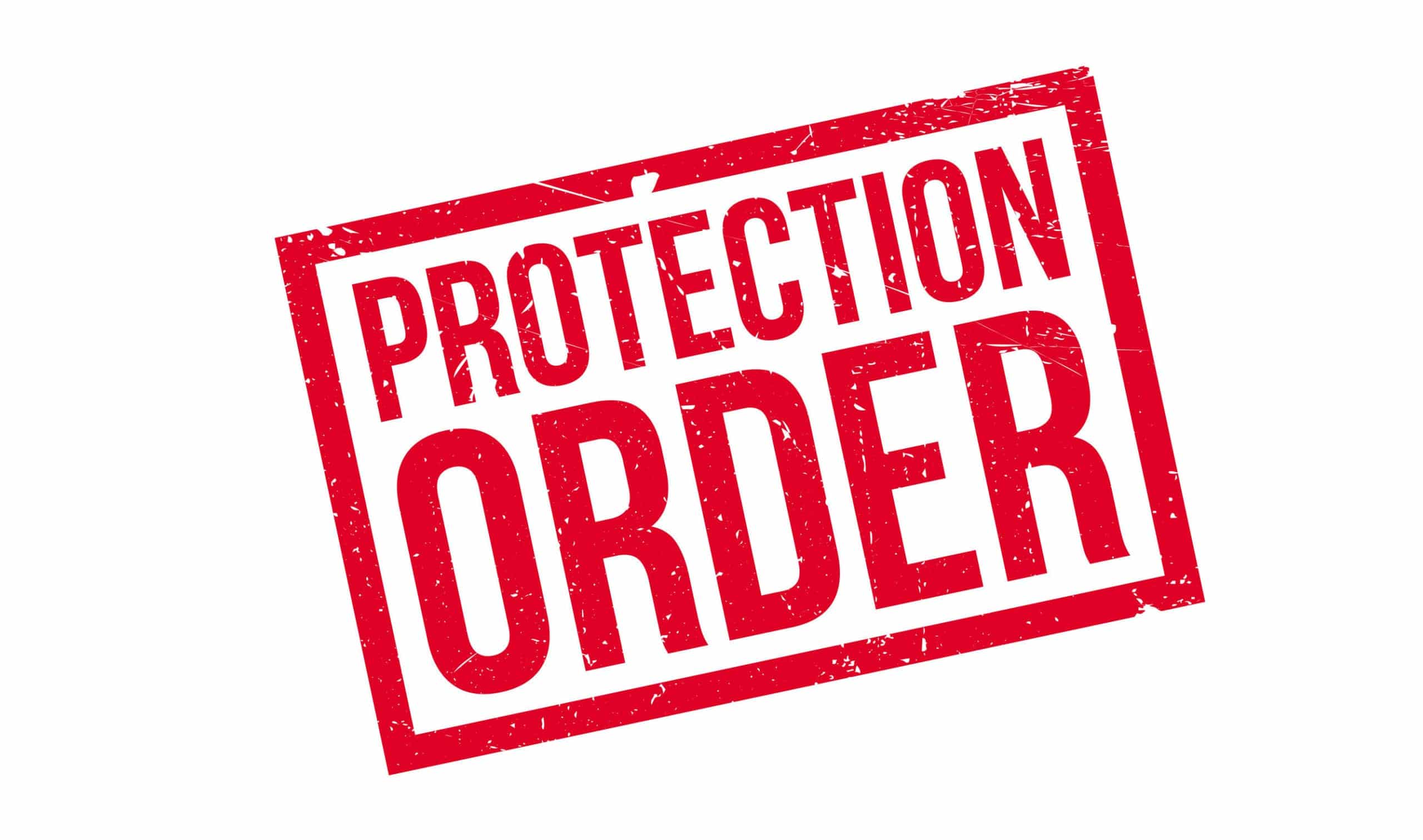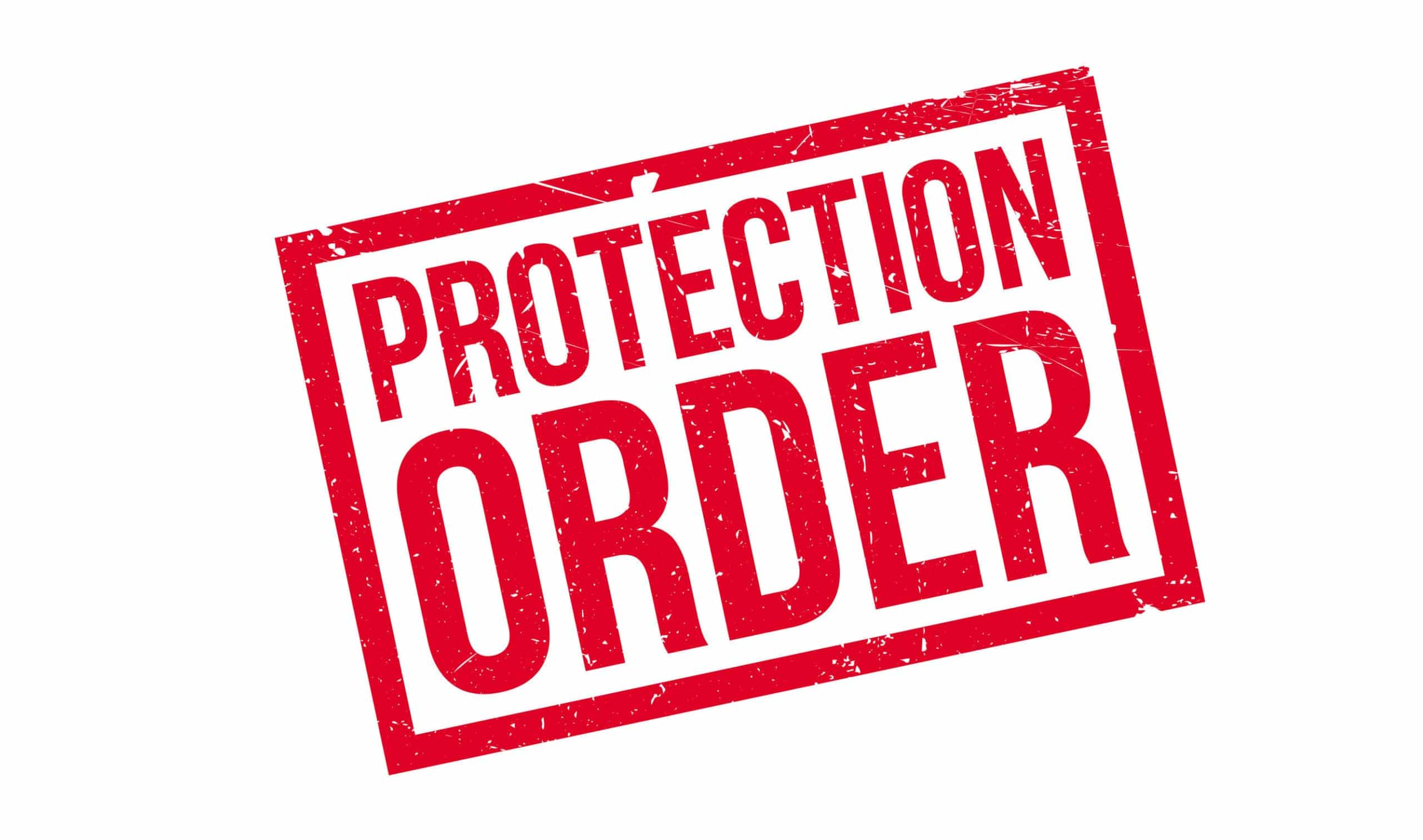MN Orders for Protection Can Get Sticky Around the Holidays

Andrew & Poole, P.A.

Most people are familiar, thanks to television and movies, with the idea of a restraining order. Still, orders for protection can be difficult to understand for those involved in personal situations of domestic violence.
In Minnesota, there are three different types of orders that can be issued to protect the petitioner from a person they believe can and would harm them. No contact orders, restraining orders, and orders for protection are all common, but it’s the last one that should be talked about this time of the year. After all, the holidays right around the corner.
Here’s what you need to know about orders for protection in Minnesota and how those named in them could unintentionally violate them around the holidays and face serious consequences.
What Is an Order For Protection in Minnesota?
An order for protection (OFP) is a tool to be used in situations where domestic abuse has been alleged to occur. It can help by preventing an abuser from:
- Living with the victim
- Having custody or visitation with shared minor children
- Committing further acts of domestic violence
- Coming within a reasonable distance from the workplace or home of the victim
The court may also order the alleged abuse to pay child and spousal support as well as attend counseling or treatment sessions.
In Minnesota, there are two types of OFPs: a temporary OFP and a long-term one. Let’s take a closer look at when each may be issued and how long they may be instated.
Temporary OFP
Courts can be made aware of something called an ex parte order for protection at the start of cases where domestic violence has taken place. These orders do not require the alleged abuser to be at the hearing when issued and typically only last up to 30 days or until a hearing takes place to determine whether a longer protection period is warranted.
Long-Term OFP
A long-term OFP is just what it sounds like – an order that lasts for the long term to help protect the victim and other members of the family from abuse and violence. Long-term OFPs can last up to two years.
Does an Accuser in MN Have to Prove Abuse?
There’s doesn’t need to be any evidence presented to the court that past abuse occurred to be issued an OFP. However, the person asking for it typically provides some kind of evidence that they are in a relationship with someone who intends to inflict harm to them or instill fear.
Usually, a judge will approach these cases with caution and issue at least a temporary OFP, so there doesn’t need to be robust evidence in the short term to grant it.
For a long-term OFP, a hearing will be scheduled where a more substantial body of evidence must be handed over.
What Happens If a Minnesota OFP is Violated?
It is important to understand that having an active OFP against you is a one-way street. The person who files the OFP is not typically prohibited from making contact with the accused.
However, if the accused party responds, then they are violating the order. Violating that order is considered a crime, and the accused may be subject to further criminal penalties.
Criminal Penalties for Violating an MN OFP

Violations lead to penalties that escalate based on frequency. Generally speaking, they are separated by first, second, and third (or more) offenses.
- For the first violation in a 10-year period, the charge is a misdemeanor, punishable by three days in jail and court-ordered participation in appropriate programs.
- The second will be charged as a gross misdemeanor, punishable by up to 10 days in jail and fines that can total $3,000.
- The third is a felony, punishable by up to five years in jail and fines that can total $10,000.
The moral of the story? If you’re the person an OFP has been filed against, do not violate it – even if the petitioner contacts you first. For those who have found themselves in violation, seeking experienced legal counsel is your best next step.
About the Author:
A lifelong Minnesotan, founding partner Ronald R. Envall has spent his entire legal career fighting for the little guy, focusing on workers’ compensation, Social Security, and personal injury cases. He has been recognized by SuperLawyers as a Top Rated Attorney in Duluth, placing him in the top 5 percent of all workers comp lawyers across the state. In his free time, Mr. Envall serves on the boards of several area government and nonprofit organizations and is a member of the Minnesota Association for Justice, which supports consumer rights.
















